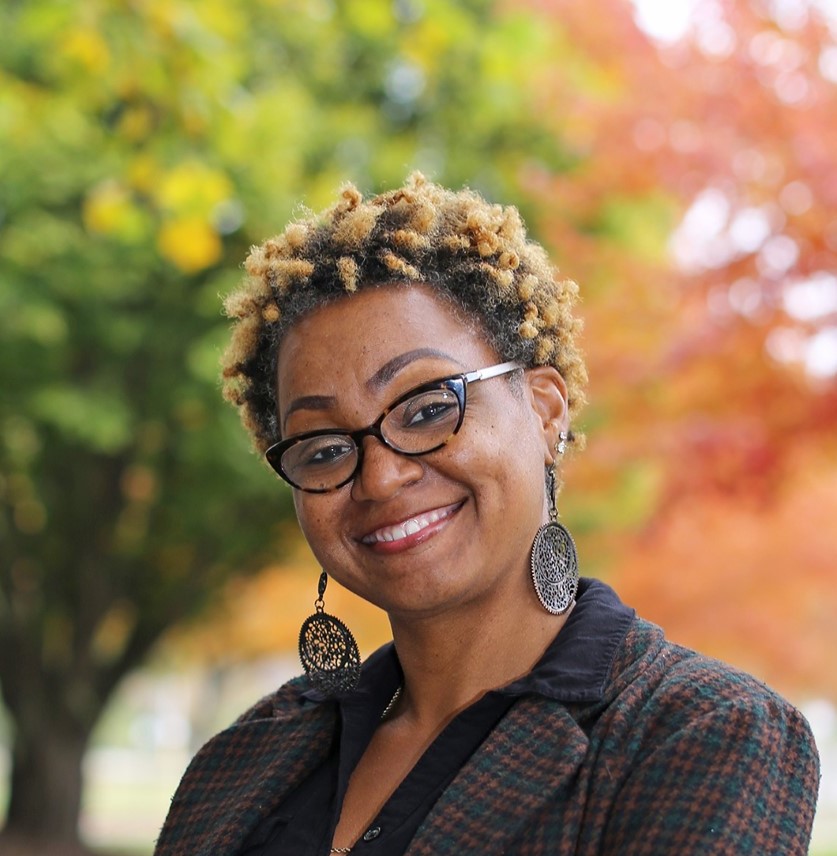Andrea S. Boyles
Associate Professor of Sociology and Africana Studies

Biography
Andrea S. Boyles, a native of St. Louis, Missouri, is an expert in social inequality; the intersection of race, gender, and class; community and neighborhood disorder; race, place, and policing; segregation and racial-spatial politics; social movements and collective action; and qualitative methods/ethnography.
As a social justice feminist and race scholar, Boyles has served on numerous diversity task forces and committees, as a Sociologists for Women in Society (SWS) delegate to the United Nations Commission on the Status of Women (CSW63), and in various capacities with corporations and organizations, including American Airlines, Amnesty International and the National Organization of Black Law Enforcement (NOBLE). Boyles has taught within the Missouri prison system and presented research on the effects of incarcerated parents on children.
Education
Kansas State University
Lincoln University of Missouri
Lincoln University of Missouri
Accomplishments
"You Can't Stop the Revolution: Community Disorder and Social Ties in Post-Ferguson America"
"You Can’t Stop the Revolution" is a vivid participant ethnography conducted from inside of Ferguson protests as the Black Lives Matter movement catapulted onto the global stage.
"Race, Place and Suburban Policing: Too Close For Comfort"
"Race, Place, and Suburban Policing" tells the story of social injustice, racialized policing, nationally profiled shootings, and the ambiguous nature of black life in a suburban context.
Scholar of the Year Award
Awarded in 2016 by Lindenwood University in Belleville, Illinois
S.O.A.R. (Service and Outstanding Achievement Recognition) Award
Awarded by the 17th Street Neighborhood Corridor in Belleville, Illinois in recognition of education/mentorship in secondary and higher education
Media Appearances
The future of policing
Tulane University Associate Professor of Sociology and Africana Studies Andrea Boyles, a race scholar, ethnographer and author, discusses what we have learned about police interactions and in the year that has passed since George Floyd died in Minneapolis.
